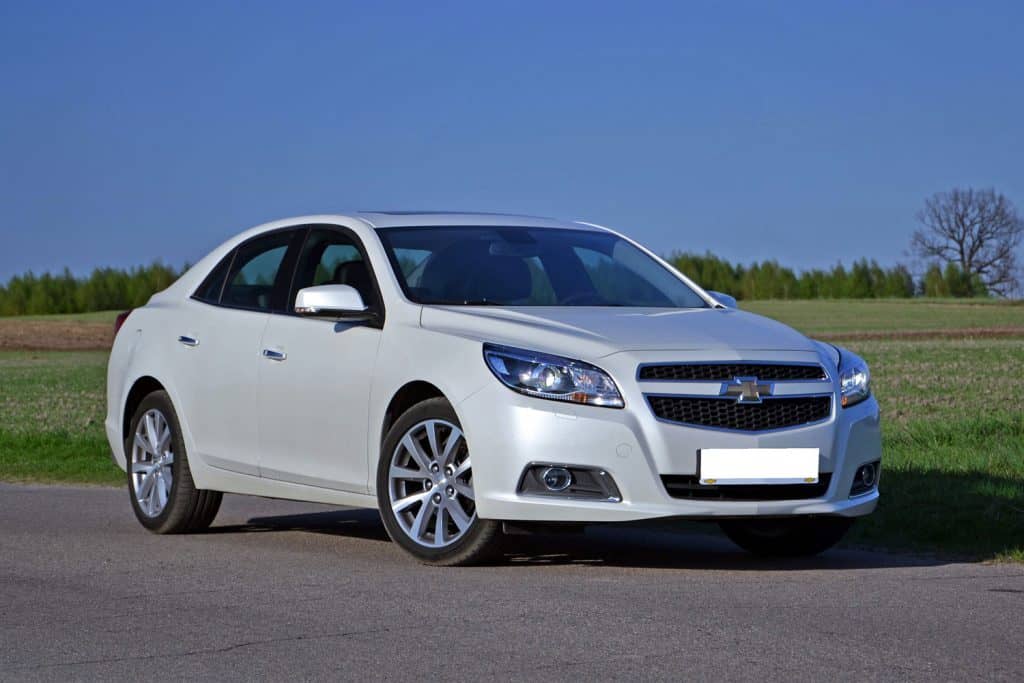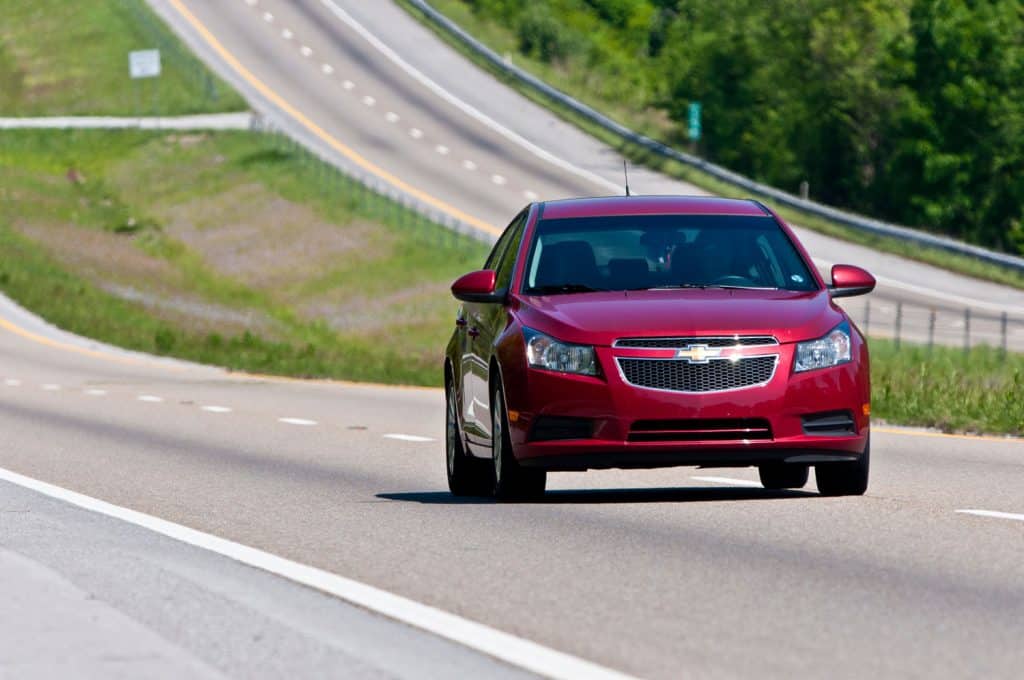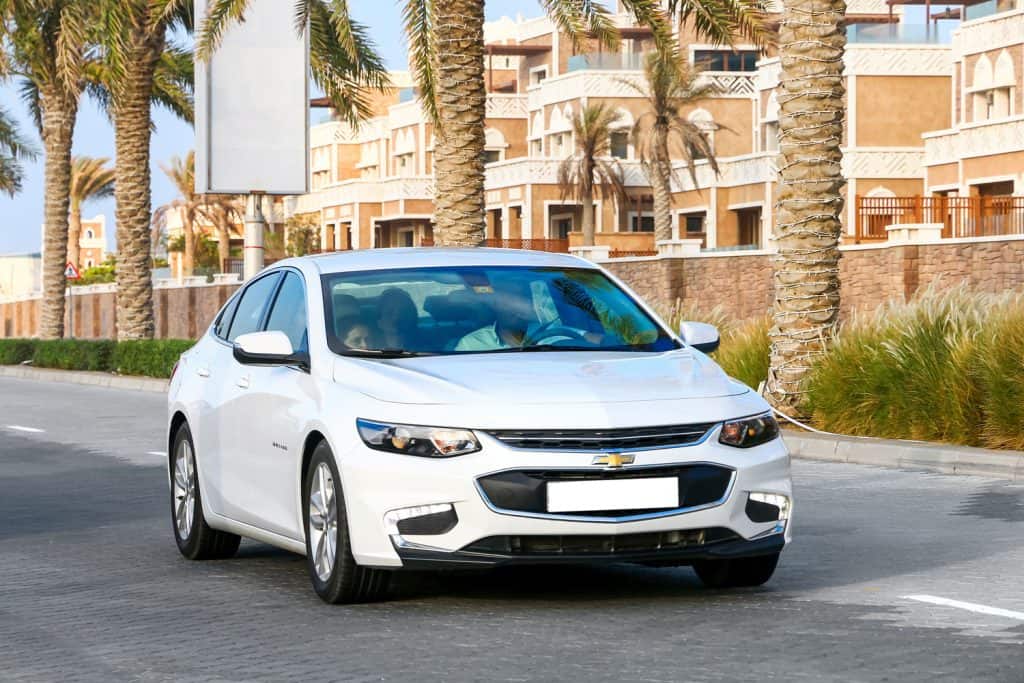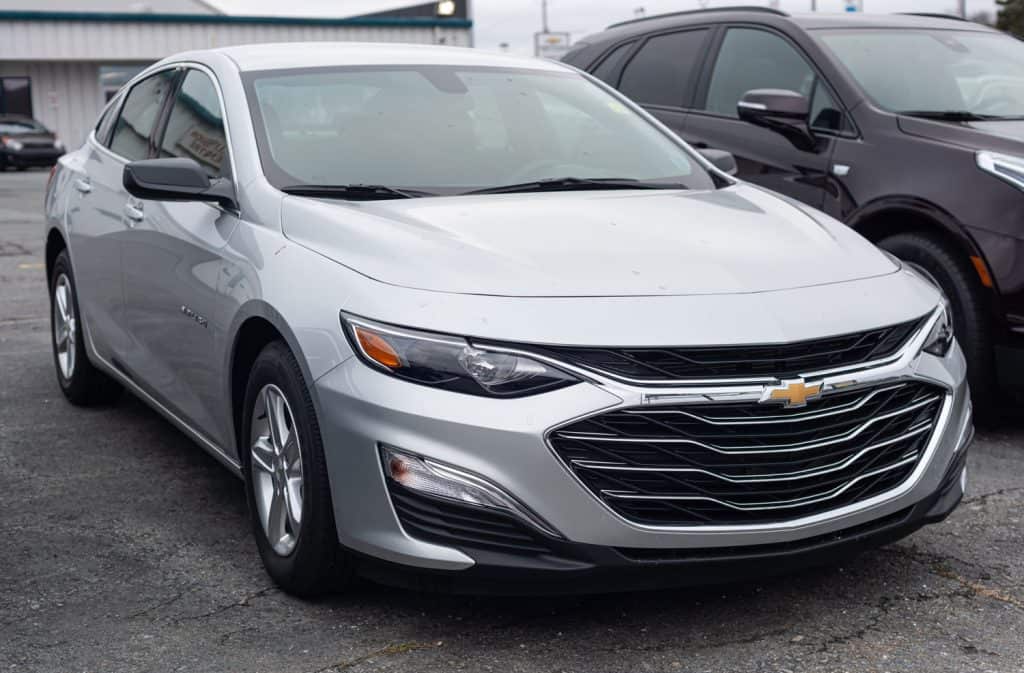Probably one of the worst things that can happen to your Chevy Malibu or any car for that matter -aside from crashing or getting it stolen- is overheating. Not only can it be such a hassle while driving, but overheating can cause irreversible damage to your engine. This is why, in this article, we have researched and asked the experts what you should do if your Malibu overheats.
Overheating can happen in moments when we least expect it; so it is important not to panic and quickly act to avoid further damage to your engine. Here are some tips you can follow when your motor goes haywire.
- Turn off your AC immediately
- Pull-over as soon as possible but safely
- Assess your situation and let the engine cool
- Restart the engine
Learn more about what to do and what not to do when your car engine is overheating by continuing to read the article. We will also be answering some questions like what to replace when your car overheats, is the Chevy Malibu a reliable car, will overheating affects the value of a Chevy Malibu, and many more. You can also find similar helpful articles in the suggestion that we will be giving at the bottom.

What to do when your Chevy Malibu overheats?
The earliest sign of overheating can be quickly identified on your dashboard, specifically your gauge cluster. Your Malibu will be equipped with a temperature warning light and/or a temperature gauge, depending on the model.
When you are about to overheat or currently overheating, your car temperature will notify you by either blinking or by a beeping sound indicating high temperatures on your engine; here's what you should do.
Turn off your AC immediately
At the earliest indication that you are experiencing overheating while on the highway, immediately turn off your air conditioning to take a load off the engine. Your AC draws power from the alternator which is powered by the engine while the car is running.
Turning it off will help cool the engine down as it exerts lesser and lesser effort to operate. This is the first step that you should do while finding a proper place to pull over.
Pull-over as soon as possible -safely
You need to pull over. This is for you to get off the road and switch off the engine to help it completely cool off. Immediately pulling over will also prevent you from sailing in the middle of the road and avoid becoming a traffic hazard on other motorists.
Expect that you cannot drive for a long distance while your engine is overheating -avoid forcing it as this can result in an engine blowing up. You should also choose a safe place where to park as you follow the next step.
Assess the situation and let the engine cool
The next step is assessing the situation. If you can pop open your hood, then open it as it will help in the ventilation of your engine bay. Despite popular folklore, pouring cold water while the engine is very hot is bad for the motor as this can cause thermal shock, which is not good.
Avoid going near the engine bay after opening your hood, as boiling coolant can burst out your radiator anytime and can cause serious burns to your skin. Wait for fir at least 15 minutes for your engine to cool down. If possible, add some coolant to the radiator as this will help more, especially with the next step.
Restart the engine
After making sure that the engine has cooled from overheating, you can then start the engine. Observe if the temperature rises while the engine is running; if not, you can then carefully drive off straight to a mechanic or an auto repair shop to have your Malibu inspected.
If while driving and you notice that your car temperature is rising continually, it is best to pull over again and call for a towing or a mobile mechanic to have it checked out.
How to prevent overheating?

As they say, prevention is better than cure. With overheating, no matter how old your car is and no matter the amount of mileage the engine has seen, if it is taken care of properly, and maintained regularly, overheating will be prevented.
Regular checking of coolant levels in your radiator should be on top of your priority list when it comes to preventing overheating. Your coolant reservoir should be at least 30% full. Most reservoir tanks will have a minimum and maximum mark drawn on the side of the container. The coolant serves as the regulator of your engine's temperature. The quality of coolant also plays a pivotal.
Another thing to avoid is by over pushing the capacity of your engine. Going over the rated tow rating and payload capacity can put unnecessary strain on your engine, especially for long drives. So be very wary of this as it can cause overheating and engine damage.
What damage does overheating cause to your engine?
A great example of severe overheating damage to a vehicle is a cracked engine. When an engine is running, even if it is not overheating, the temperature it can reach is enough to expand the metal block itself. More so when it is overheating as its temperatures can reach up to 230 degrees Fahrenheit.
Such extreme temperatures can cause your engine to crack and result in a blown head gasket. This can lead to more damage and can lead to your car being completely useless and of no value.
Can I drive my car home if it's overheating?

Yes, you can, on the grounds that the temperature gauge is not showing any indications of temperatures rising. But even though the temperatures are not rising, you should not let this be.
Immediately having your car diagnosed after such incident as overheating indicates that your engine is already massive problems and can cause even more massive problems in the future.
Addressing your engine issues earlier on will not only deter you from falling into a money pit of repairs but also will give you a smooth ride while using the vehicle.
How much does it cost to fix an overheated engine?
As we mentioned earlier, severe overheating can cause very expensive repair costs. Major repairs can cost anywhere between $500-$1000. Depending on how severe the damage is, prices can still shoot up above a grand; this would not include the labor as this depends on your location.
Having a trusted mechanic diagnose your vehicle is very important to give you the proper estimate of the cost that you will be expecting to pay. Be careful of choosing a mechanic that will be inspecting your car for repairs. Some will take advantage of you and overcharge you, especially if you don't know many things about cars.
You also have to be careful with inexperienced mechanics, as they will only cause more damage than repair to your vehicle. We suggest that you go to a trusted repair shop with a legitimate mechanic to handle this task for you.
Is Chevy Malibu a reliable car?
The Chevrolet Malibu scored a commendable 81 out of 100 scores. According to JD Power standards, this is a great score in terms of car reliability.
You can expect to rack up 100,000-150,000 miles on the Chevy Malibu, maybe even more if you take good care of it. The Malibu is often used for city driving and is not the car used for cross-country road trips. Given what it's usually used for, a hundred thousand miles in city driving will last you 10-15 years!
But like any other thing, for you to achieve its potential lifespan, taking good care of it must be your priority.
Will overheating affect the value of my Chevy Malibu car?

Yes, overheating can cause a significant drop in value to your vehicle, even if it has low mileage and is still relatively new. This is more significant if you are selling the car. A history of engine overheating can massively affect the price you can sell the car.
Some suspect car buyers would be double-taking to buy a car with such repair history. Once an engine has already experienced overheating, it is more susceptible to overheating in the future. This also lessens the life expectancy of the engine, that's why it's very important to take measures to avoid overheating at all costs.
In summary

Turning off your AC, pulling overt to safety, assessing your situation, and then restarting your vehicle are only some of the recommended things to do when you are experiencing overheating with your vehicle.
Issue and repair history of a vehicle, such as overheating, can also affect the value of the vehicle, especially if you are planning on selling it in the future. To avoid all these hassles, make sure that you are up to date with your maintenance and respect the limit of your car set by the manufacturer.
Here are some related articles that might interest you.
How Often to Change Antifreeze [By Vehicle Brand]
Chevy Suburban Overheating – What Could Be Wrong?
